In 2015, the United Nations General Assembly (UN-GA) established the Sustainable Development Goals (SDGs) to be achieved by 2030. The fourth SDG aims to provide Quality Education, promoting inclusive and equitable education opportunities and lifelong learning for all. Quality education is regarded as one of the most effective tools for sustainable development. The objective of this goal is to ensure that every girl and boy is able to complete primary and secondary education by 2030, and has equal access to affordable vocational training to eliminate any gender and wealth disparities. The goal is to achieve universal access to quality higher education for all.
To further support this, let’s look at a few statistics shared by the Government of Karnataka, as part of their SITK Changemaker program. Following gaps have been identified for fourth SDG:
- Increase GER in higher education (18-23 years) from 32 to 60
- Decrease average annual dropout rate at secondary level (class 9-10) from 14.65 to 0
- Improve Learning Outcomes in Grade 8 in Language, Maths, Science and Social Science from 52, 35, 39 & 40 respectively to 100 each
As part of Skill Development, following gaps have been identified:
- Decreasing Unemployment rate (%) from 3.9 to 0
- Reduce dropout rates in secondary level from 16.84 to 0 by skilling at school level.
- Increase skilled manpower resources
- Increasing per-capita income due to skilling
In the past few years, the Indian government has been focusing on providing quality education to all, including those in government schools. However, despite the various initiatives taken by the government, there is a significant drop-out rate among high school students as discussed above. This can be attributed to several factors, including a lack of career guidance, lack of financial support, family responsibility, lack of motivation, poor academic performance and peer pressure. In this blog, we will discuss the scope of career guidance and life skills education for government school students in Bangalore, and how Pifinity Education Foundation’s programs can help reduce the gross enrolment ratio (GER) for secondary and high school students.
Pifinity Education Foundation is a non-profit organization based in Bangalore, working towards providing a well curated program that includes career guidance and life skills education to high school students from government schools. This needs to be understood further, career guidance aims to help students identify their interest, personality, aptitude and motivations, explore different career options, and develop a plan to achieve their goals. With better career guidance, students can choose a career path that aligns with their interests, and they are more likely to stay in school and continue their education post school by getting into professional, vocational or Diploma courses to achieve their aspirations.
Let’s understand why life skills ? The World Health Organization defines Life Skills as “the abilities for adaptive and positive behavior that enables individuals to deal effectively with the demands and challenges of everyday life”. There are many other organizations like UNICEF, World Bank that have provided definitions for life skills. To summarize, life skills refer to a collection of abilities, attitudes, and socio-emotional competencies that empower individuals to learn, make informed decisions, exercise their rights, and live a healthy and productive life. Through the acquisition of these skills, individuals can transform themselves into agents of change, contributing positively to society.
Research has shown that competencies, such as resilience, personal agency, and self-confidence, can play a crucial role in helping individuals break out of poverty. Moreover, life skills education can equip young people with the tools to protect themselves from various social vulnerabilities and risky behaviors. Studies indicate a positive correlation between life skills education and increased attendance, better classroom behavior, and improved academic performance. Given this correlation, it is vital to recognize the significance of life skills education within school curricula and the broader community.
It is therefore essential to provide young people with opportunities to gain knowledge and develop the values, attitudes, and skills that will enable them to participate fully in society and continue learning. By imparting life skills, we can take significant strides in addressing the Sustainable Development Goals.
This is what has inspired the Pifinity team to come up with “Kintsugi Career LaunchPad”, an innovative program designed to help high school students from government schools make informed decisions about their career.
In conclusion, providing career guidance and life skills education can help reduce the drop-out rate and improve the GER for secondary and high school students. With better education, students can have a brighter future, and the country can progress towards a more educated and skilled workforce.










Itís nearly impossible to find educated people in this particular subject, however, you seem like you know what youíre talking about! Thanks